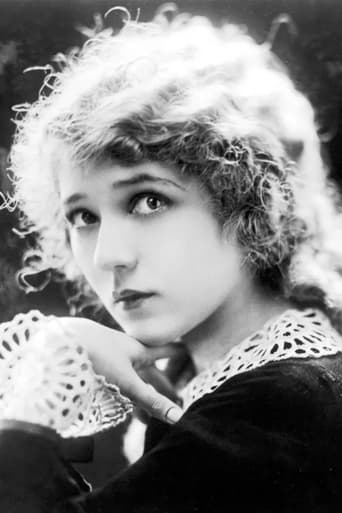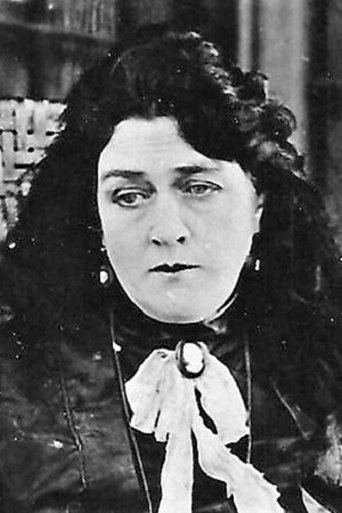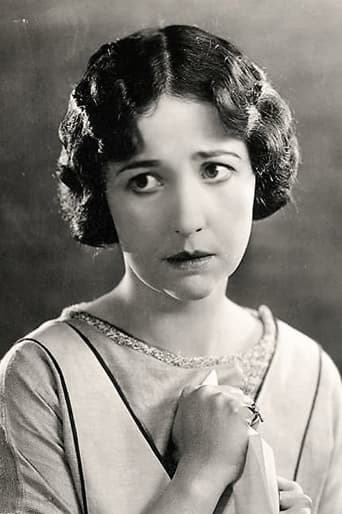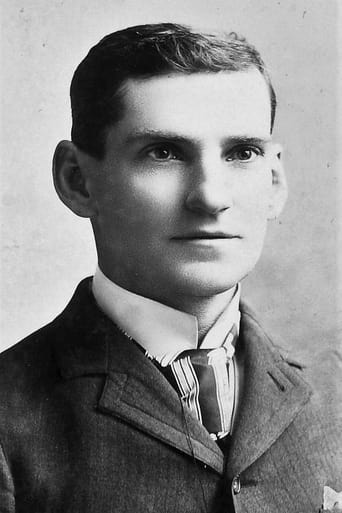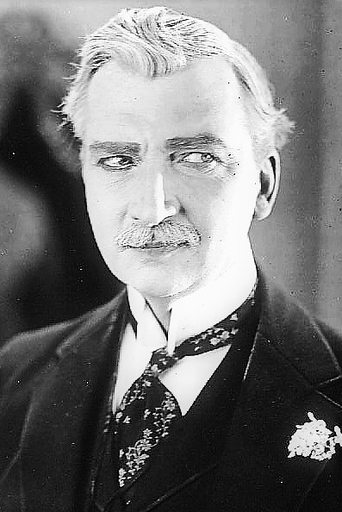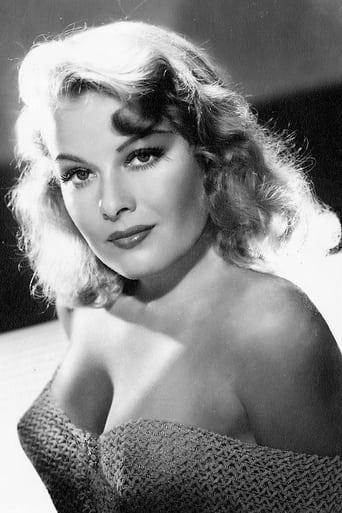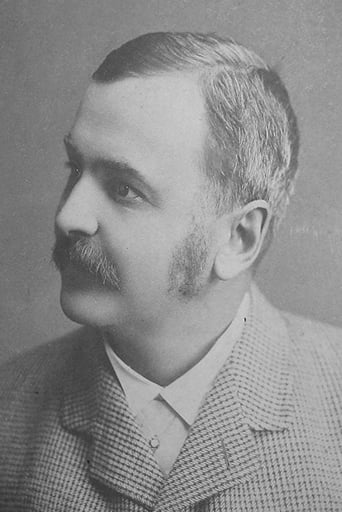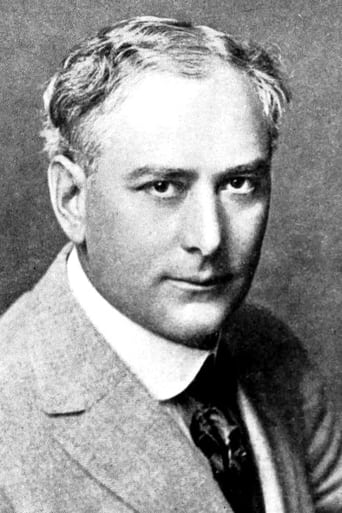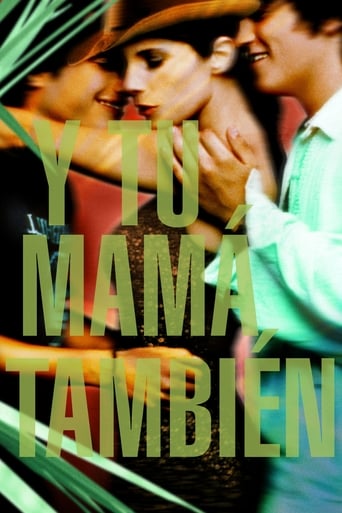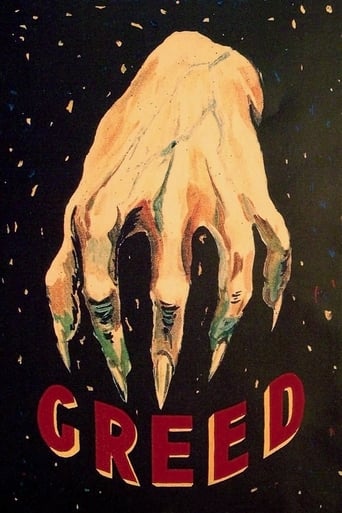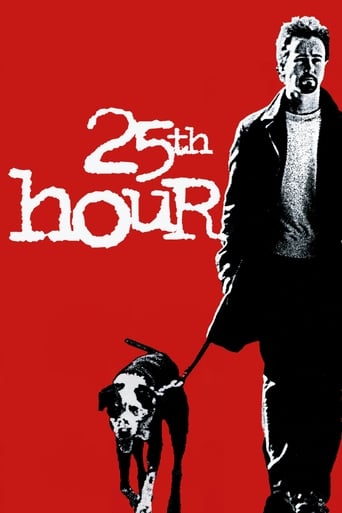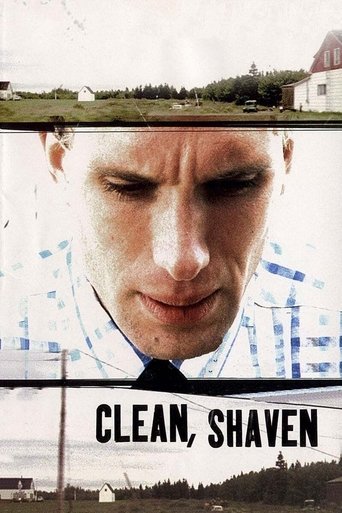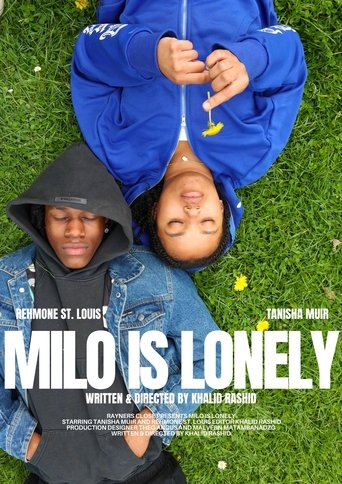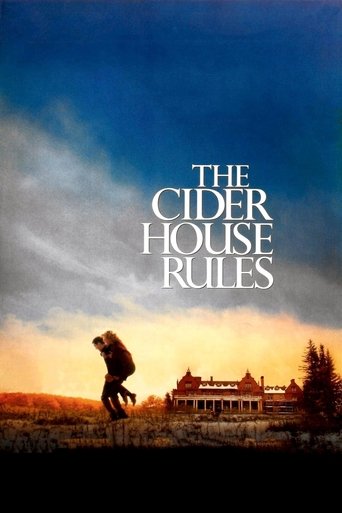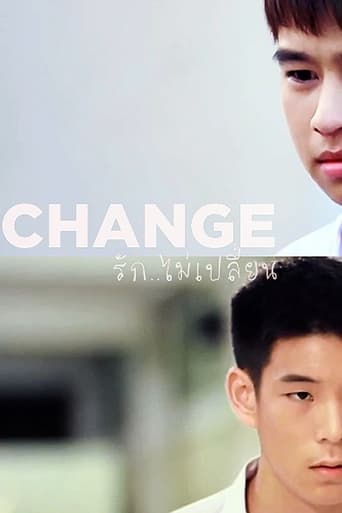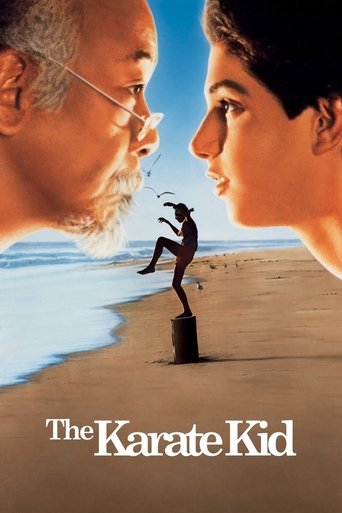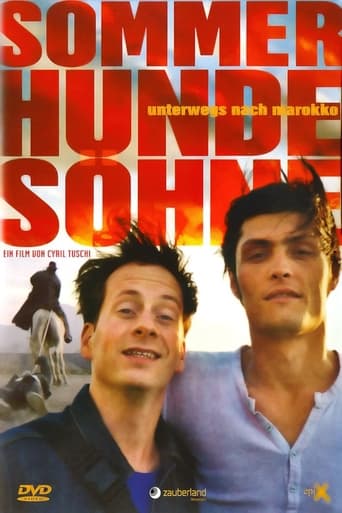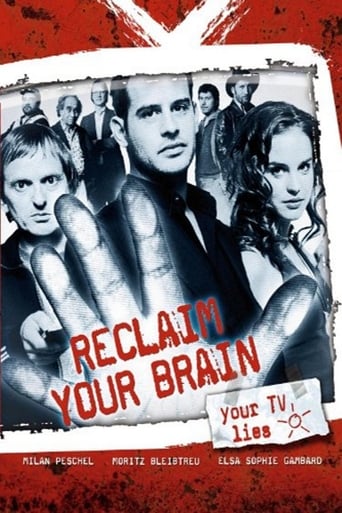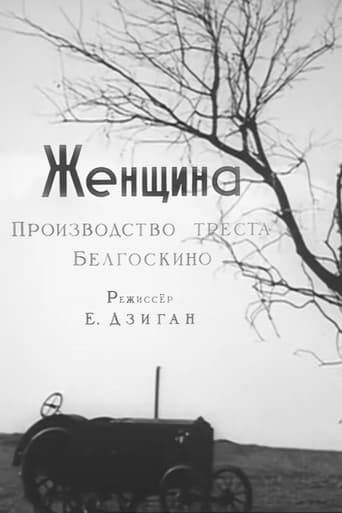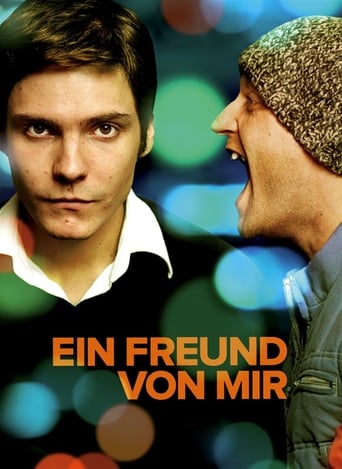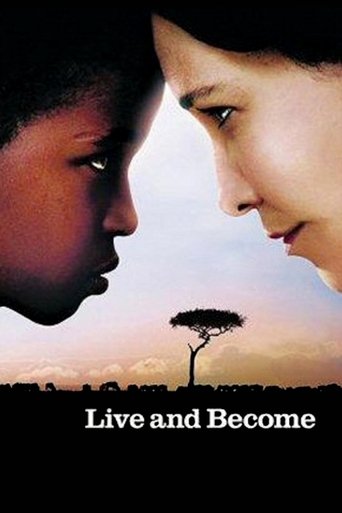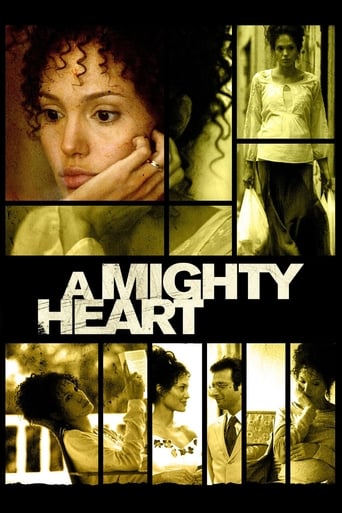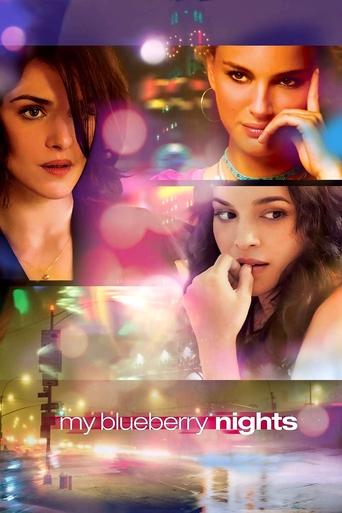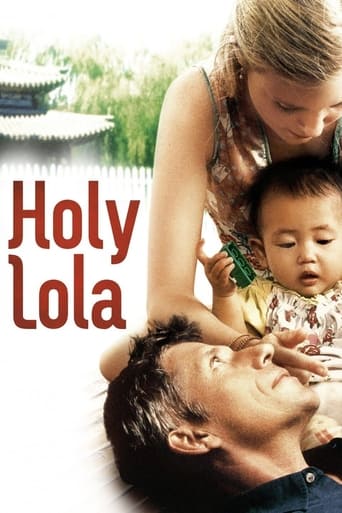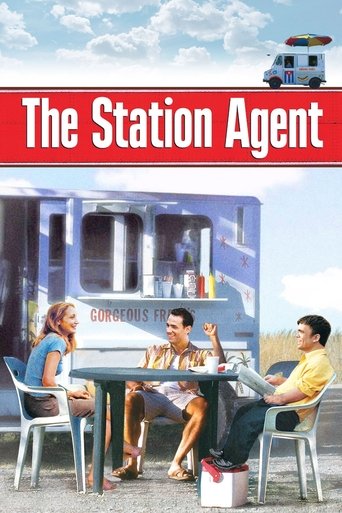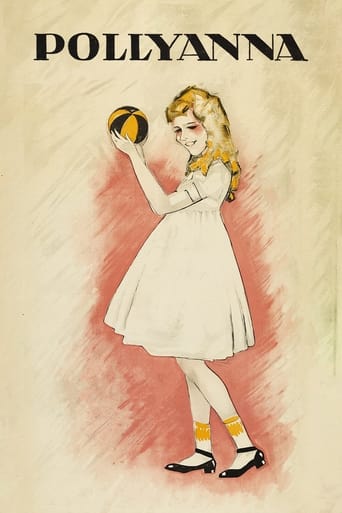
Pollyanna (1920)
When Pollyanna is orphaned, she's sent to live with her crotchety Aunt Polly. Pollyanna discovers that many of the people in her aunt's New England hometown are as ill-tempered as her aunt. But Pollyanna's incurable optimism - exemplified by her "glad game", in which she looks for the bright side of every situation - brings a change to the staid old community.
- Paul Powell
- Alfred L. Werker
- Eleanor H. Porter
- Frances Marion
- Frances Marion
Rating: 6.5/10 by 17 users
Alternative Title:
Country:
United States of America
Language:
Runtime: 00 hour 58 minutes
Budget: $0
Revenue: $0
Plot Keyword: friendship, optimism, adoption, aunt, orphan, silent film, accident, childhood sweethearts, optimist, crippled child
It seems unfair to even review a movie like this. After all, I didn’t find it to be particularly entertaining and I didn’t feel the adaptation from the book was done well. That usually would translate into a low rating for a film, right? But I don’t feel it is appropriate to pan a movie that was made 100 years ago. The film industry was in its infancy and indeed, the world was a different place. I would want to see a lot of the other silent movies before I even attempt a critical review. Lacking that, I will just make some observations about stuff I found interesting. This version begins showing a scene not in the book. In fact, we are ten minutes into the film before we get to where the book starts. It might have been done to establish the nature of Pollyanna and to show her father dying, an event not specifically described in the book. I didn’t quite buy into Pickford looking like a young girl, as others seem to have done. She has the body shape and size to play a child, but her face screams adult to me. That is odd, as some pictures of Mary Pickford do look rather young to me. Perhaps the make-up needed on film worked against the character’s age. I often think modern movies utilize actresses who are too beautiful to portray a plain woman, sometimes having her transform into a more beautiful lady. But oddly, I thought the Aunt Polly actress was too plain, so that when her hair was done up, there seemed to be no improvement to my eyes. That was weird. There are cute scenes here and there. I am guessing Pickford enjoyed physical humor. She leaps around like a young girl, and her face was expressive. It did jar me when she used the phrase “wife beater.” That didn’t seem like Pollyanna. I guess the script is also based on a play being performed at the time. Perhaps it came from that, which would be seen by more adults. This is an hour long, so they did the best they could developing the plot under such a time constraint. As I said, my rating is probably meaningless in this case. I would have rated it lower based only on how entertained I was, but perhaps higher if I knew more about the quality and production value of other silent movies of this era.

